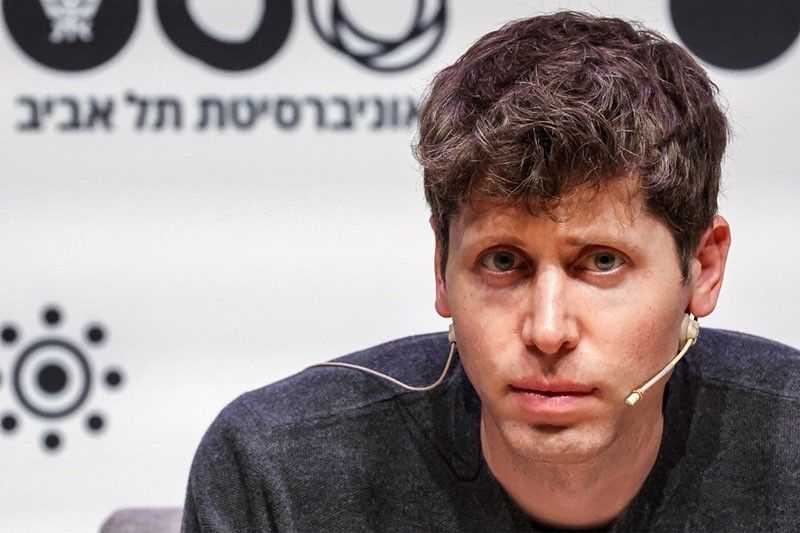
PARIS, France – In a swift response to the highly anticipated launch of the Worldcoin crypto project, European regulators have raised serious concerns over the platform’s use of eye scans to verify user identities. Led by OpenAI’s CEO Sam Altman, the Worldcoin project aims to tackle the crypto industry’s challenge of anonymity, but its reliance on biometric data has sparked scrutiny from data protection agencies in Europe.
Less than a week after its official debut, France’s data protection agency, CNIL, expressed reservations about Worldcoin’s data collection practices. The agency emphasized that the storage of biometric data might potentially run afoul of Europe’s stringent data privacy rules. Highlighting the significance of the matter, CNIL has identified the data protection agency of Bavaria, Germany, where Worldcoin commenced operations earlier this year, to spearhead a thorough investigation into the project.
The crux of Worldcoin’s offering lies in its novel approach to distinguishing humans from AI entities in the online realm. With the rising threat of AI-driven scams and spam bots, the crypto industry is in dire need of solutions that strike a balance between identity verification and preserving user privacy. The eye scan technology, which Altman and co-founder Alex Blania lauded as a “reliable solution,” raises pertinent questions about data security and user consent.
The Worldcoin website asserts its ambition to create the “world’s largest identity and financial public network” using a combination of cryptocurrency and an identification system. However, as the industry grapples with the aftermath of the spectacular collapse of FTX and legal cases against major players, the need for stringent regulatory oversight cannot be understated.
Bavaria’s data protection agency has not yet issued a public statement regarding the ongoing investigation into Worldcoin. However, industry experts anticipate that the probe could have far-reaching implications for the entire cryptocurrency sector, influencing how other projects handle user data and privacy matters.
Blockchain technology, which underpins the functionality of cryptocurrencies, has been praised for its ability to facilitate secure and traceable transactions. By employing distributed databases, blockchain minimizes transaction costs and enhances data transfer speed. Nevertheless, the notorious slowness and expense associated with Bitcoin, the most renowned cryptocurrency, continue to cast a shadow over the industry’s potential.
Altman and Blania’s recent letter posted on Twitter, with the social media platform being renamed X, highlighted their vision of using Worldcoin to create greater economic opportunities and empower democratic processes. However, whether the project can achieve its noble aims without compromising data privacy remains the focal point of the regulatory investigation.
As the European regulators delve deeper into Worldcoin’s practices, the crypto community and investors await the outcome with bated breath. The verdict of the investigation could mark a pivotal moment in the trajectory of the crypto industry, shaping its future landscape and approach to data protection for years to come.


